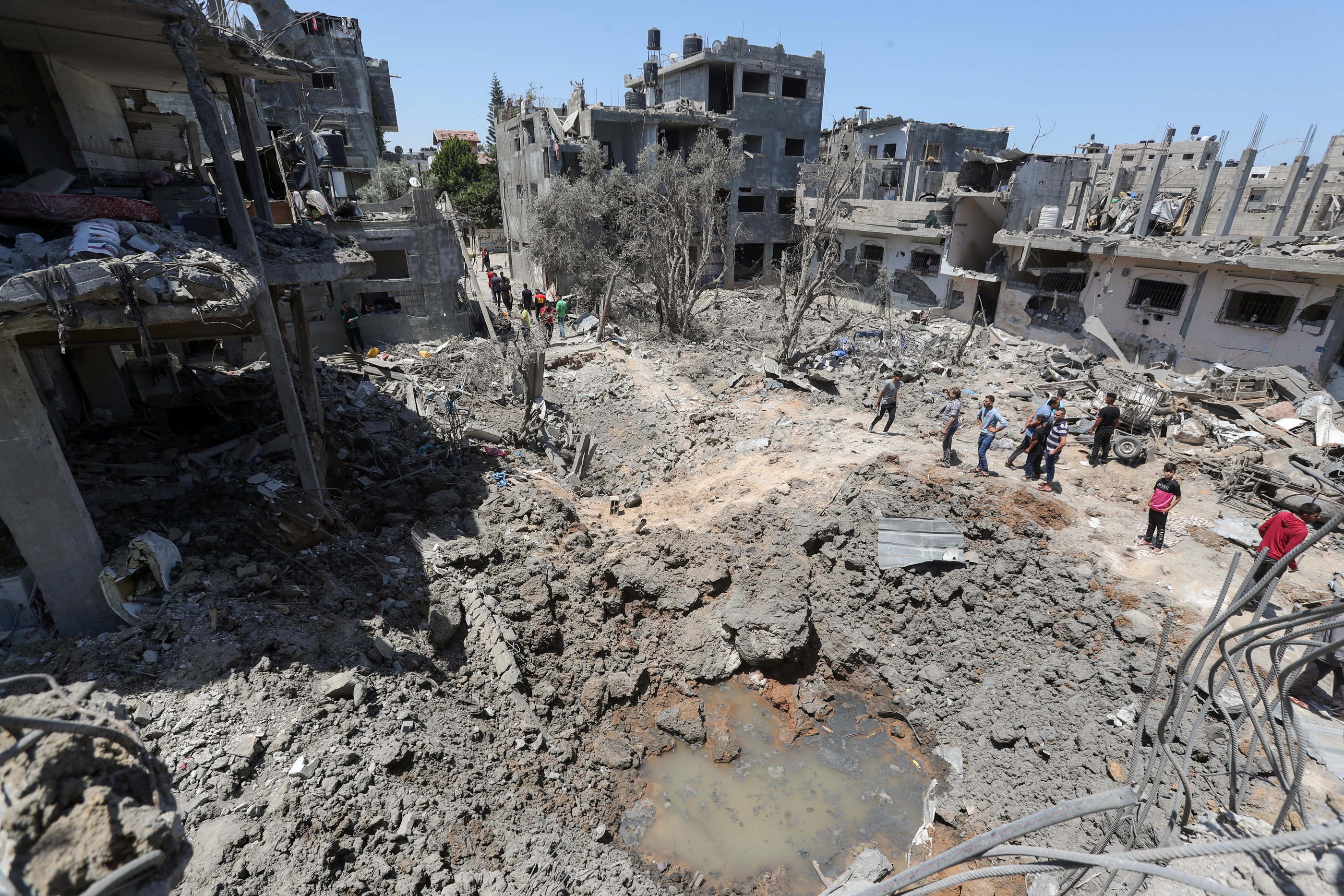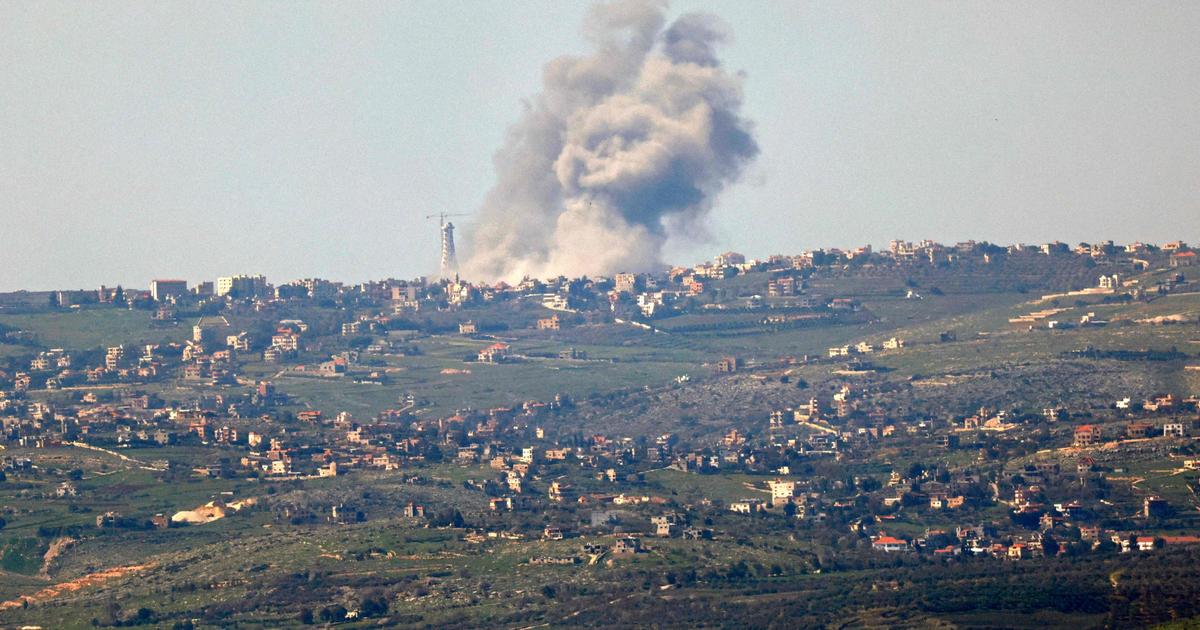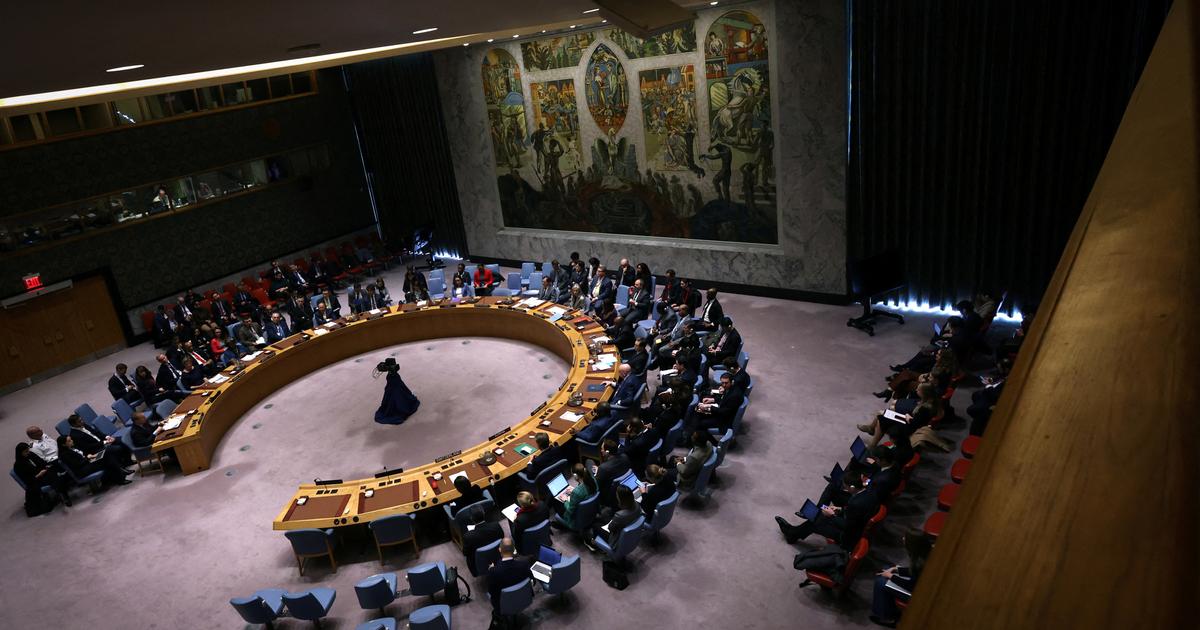The toll is growing every hour in the Middle East, and the intensification of the conflict worries the whole world.
Hamas, ruling in the Gaza Strip, fired some 1,800 rockets in less than a week while Israel stepped up airstrikes on the enclave.
There are now more than a hundred deaths in these clashes.
For the moment, nothing suggests a way out of the crisis.
Where does the spark come from?
Earlier this year, a court in Jerusalem ruled in favor of Jewish families claiming property rights in the Sheikh Jarrah neighborhood in East Jerusalem.
A decision that involved the expulsion of four Palestinian families.
Since then, pacifist demonstrations against these evictions have been held regularly.
Last Friday, violence broke out on the Esplanade des Mosques: as tens of thousands of worshipers gathered, Palestinians, according to the Israeli police, threw projectiles at the police, who responded with stun grenades and rubber bullets.
The violence continued over the following days.
Why such an escalation?
On May 10, as clashes continued in Jerusalem, rockets were sent into the Holy City from the Gaza Strip, controlled by Hamas. In less than a week, 1,800 shots targeted Israel. An outburst that Didier Billion, deputy director of IRIS, explains in particular for political reasons. At the beginning of May, Mahmoud Abbas, the president of the Palestinian Authority, canceled the legislative elections which were to take place this month and the presidential one in July. Officially, because Israel refused to allow Palestinians living in East Jerusalem to vote. “It is mainly because he was very afraid of losing, nuance Didier Billion. This rain of rockets allows Hamas to assert itself and to show the population that it is defending it. "
Read alsoClashes between Israelis and Palestinians: chronology of a week of violence
For its part, Israel is also in a period of political instability.
Since the legislative elections of March 23, all attempts to form a new government have failed.
"We can consider that this is a global strategy" of, Benyamin Netanyahu, who could soon leave his post as Prime Minister and which is part of "a desire not to go back on the colonization process », Analyzes Bertrand Badie, professor emeritus of universities at Sciences-po.
Is there a risk of civil war?
The conflict has engulfed several mixed cities in Israel, where Jews and Arabs live together. Riots, lynchings, burning of synagogues and Muslim cemeteries ... An escalation that "the Israeli leaders did not see coming", estimates Jean-Paul Chagnollaud, president of iReMMO (Institute for Research and Mediterranean Studies in the Middle East ). Because if discrimination against Arabs persisted, efforts have been made in recent years to improve cohabitation. The health crisis has offered greater visibility to Arab Israelis, many in the medical profession, specifies Frédérique Schillo, historian specializing in Israel. For the historian, the violence is essentially the act of "extremists and radicals".
ברחבי הצפון מתארגנות עוד ועוד יוזמות של יהודים וערבים להחזרת השקט.
בצמתים רבים יתקיימו היום הפגנות משותפות בקריאה להרגעת הרוחות.
בגוש חלב לדוגמה, יהודים וערבים יחלקו פרחים, ובצומת יובלים תתקיים הפגנה משותפת תחת האמירה 'נפגין חוסן ותקווה, כי עוד לא אבדה תקוותנו'.
- Rubi Hammerschlag |
רובי המרשלג (@ rubih67) May 13, 2021
Is a land operation possible?
The question arises, after the mess of the night from Thursday to Friday.
The Israeli army initially announced that it was carrying out a ground operation in the Gaza Strip before retreating, citing an internal communication problem.
“This event could reveal a divergence between part of the army and political authorities,” says Didier Billion.
For him, a large-scale ground intervention "would be quite delicate compared to the international image of Israel".
On the other hand, the country could carry out a punch operation, on very specific targets.
What is the international community doing?
For now, she is increasing the calls for calm.
A public meeting of the UN Security Council will be held on Sunday after the United States has so far refused to issue a joint statement.
It must be said that Joe Biden had "not planned to get involved in the region", analyzes historian Frédérique Schillo.
Friday, Emmanuel Macron insisted on "the urgency of a return to peace" in the Middle East, stressing during an interview with the Israeli Prime Minister Binyamin Netanyahu the "right to defend oneself" of Israel.
Read alsoTensions between Israel and Palestine: what can the international community do?
Discussions are delicate with Hamas, considered a terrorist organization by the EU and the United States.
"But do not believe that there is no contact," says Bertrand Badie, explaining that these discussions can be "indirect, through other countries".
As for Fatah, "it is easy to negotiate with Mahmoud Abbas ... But he does not have much to sell": its capacity to exert pressure on Gaza and on the Arab Israelis is relatively weak.
Is there a risk of conflagration in the region?
If a few rockets were fired in the direction of Israel from Lebanon, "it could very well be the act of autonomous actors, who do not answer to any authority", argues Bertrand Badie. As for the other countries in the region, they remain relatively discreet for the time being, wishing to avoid alienating Israel - with whom diplomatic or strategic links have been forged recently. But "if public opinion manifests itself", governments could be led to take a more firm position, concludes Bertrand Badie, citing in particular Morocco, Jordan and Egypt.









/cloudfront-eu-central-1.images.arcpublishing.com/prisa/KMEYMJKESBAZBE4MRBAM4TGHIQ.jpg)


